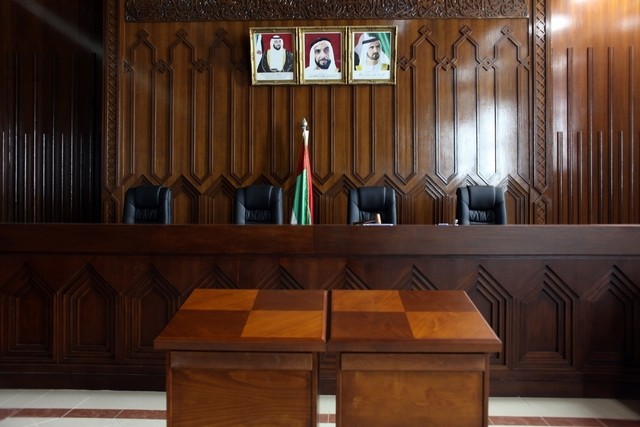Next Monday, on 15 February, Salim al-Aradi is due to appear before an Emirati court along with three other Libyan nationals, including the Libyan-Americans Kamal and Mohammed al-Darat. After months of delay, the Emirati government finally disclosed the prosecution file on al-Aradi and the other defendants, which accuses them of providing support to the Libyan militias in the revolution against Qaddafi in 2011. Al-Aradi, a Libyan-Canadian businessman that sells UAE-manufactured appliances, denies any involvement with Libyan militia groups. His lawyer added that the prosecution’s evidence was entirely based on confessions obtained under torture, and called on the Canadian government to secure his freedom as soon as possible.
Al-Aradi is one of the ten Libyan businessmen detained by Emirati authorities in August and September 2014, all of whom were interrogated about their supposed links to Muslim Brotherhood affiliate groups. UAE officials reportedly tortured the men by beating and forced standing as well as threats of rape and electrocution. Six of the ten remain in incommunicado detention.
This is not the first time the UAE has faced allegations of torturing foreign nationals. In January 2014, 20 Egyptian prisoners alleged that Emirati state security officers tortured them and denied them access to legal counsel for months. The government accused them of running a branch of the Muslim Brotherhood, which the UAE has designated as a terrorist organization. Human Rights Watch says there is “strong evidence” that many of these detainees are tortured at a clandestine facility outside Abu Dhabi.
Margaret Bailey is an Advocacy Intern at ADHRB.





